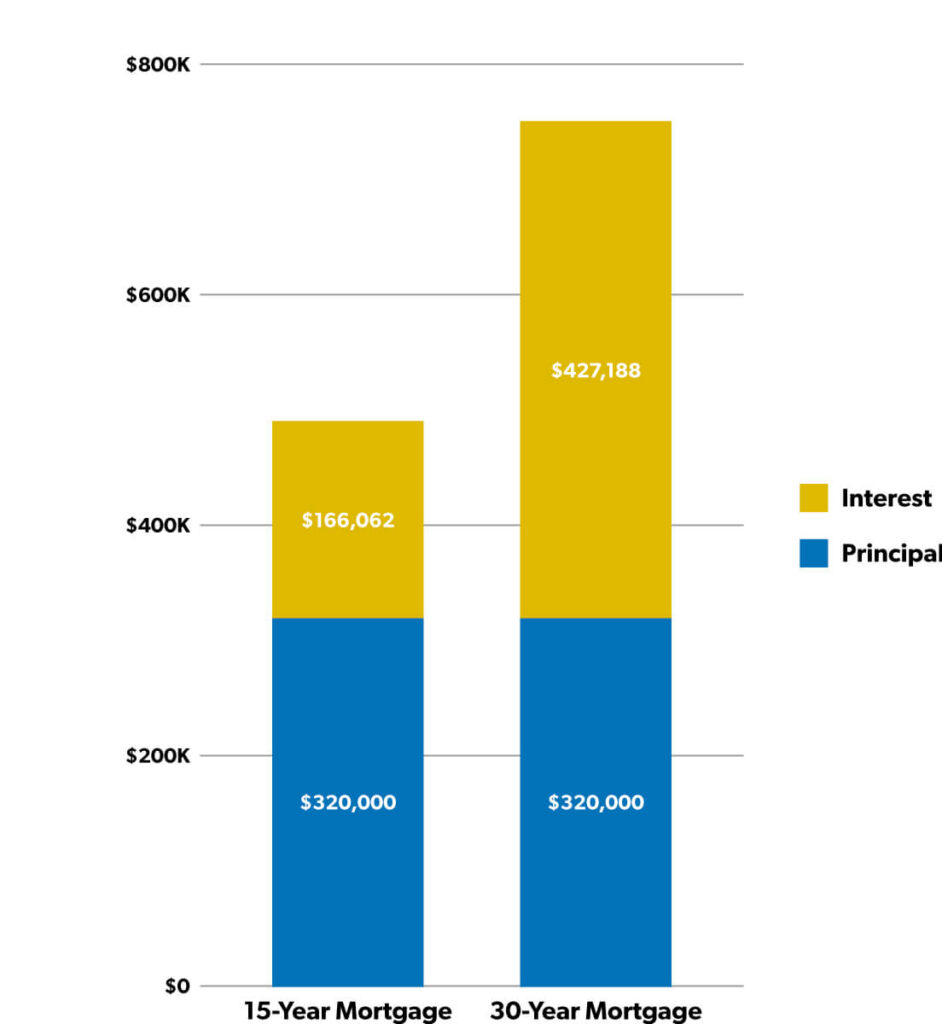Introduction
As a first-time home buyer, you’re likely navigating a maze of financial advice, and Dave Ramsey’s voice stands out. The personal finance guru passionately advocates for a 15-year mortgage, arguing it’s the fastest path to a debt-free home. But is this one-size-fits-all advice right for you? In this guide, we’ll break down why Ramsey champions the 15-year mortgage and explore three alternative perspectives to help you decide what fits your goals—buying your first home, building wealth, and securing your future.
Why Dave Ramsey Loves the 15-Year Mortgage
Dave Ramsey’s philosophy centers on eliminating debt quickly to achieve financial freedom. Here’s why he pushes the 15-year mortgage for first-time buyers:
- Faster Payoff, Less Interest: A 15-year mortgage cuts the repayment timeline in half compared to a 30-year loan, saving tens of thousands in interest. For a $350,000 loan at 6%, a 15-year mortgage saves about $150,000 in interest over a 30-year term.
- Lower Rates: Lenders often offer better interest rates on 15-year mortgages—sometimes 0.5% to 1% lower—because the shorter term reduces their risk.
- Debt-Free Sooner: Ramsey believes owning your home outright in 15 years frees up income for investing, giving you peace of mind and flexibility.
- Discipline and Simplicity: The higher payments force financial discipline, aligning with Ramsey’s “gazelle intensity” approach to crushing debt.
For many, this strategy is appealing, especially if you prioritize paying off your home early. But first-time buyers often face unique challenges—like limited cash flow or competing goals—that make a 15-year mortgage less practical. Let’s explore three alternative perspectives to see if a different path might suit you better.

Boost Retirement Savings with a 30-Year Mortgage
One compelling reason to consider a 30-year mortgage is the lower monthly payment, which frees up cash to invest in your retirement. Here’s how it works:
- More Cash Flow: On a $400,000 home with a 20% down payment, a 30-year mortgage at 6% costs about $1,918/month, while a 15-year mortgage jumps to $2,703/month. That’s $785/month you could redirect to a 401(k) or IRA.
- Compound Interest Power: Investing $785/month at an 8% annual return could grow to over $1.4 million in 30 years, thanks to compounding. This far outpaces the interest savings of a 15-year mortgage, assuming you’re disciplined about investing.
- Tax Advantages: Contributions to retirement accounts may offer tax deductions, amplifying your savings. Plus, mortgage interest on a 30-year loan is often tax-deductible, softening the cost.
For first-time buyers in their 20s or 30s, prioritizing retirement contributions early leverages time—a key factor in wealth-building. A 30-year mortgage could let you balance homeownership with a stronger nest egg.
Achieve the American Dream Sooner
The “American Dream” of owning a home feels out of reach for many first-time buyers, especially with rising prices. A 15-year mortgage’s higher payments can delay this milestone, and here’s why a 30-year option might speed things up:
- Lower Payments, More Affordability: Higher payments on a 15-year mortgage mean you may need a larger down payment or higher income to qualify. For example, a $2,700/month payment requires an income of about $97,000 (assuming a 33% debt-to-income ratio), while a $1,900/month payment lowers the bar to $68,000.
- Buy Now, Build Equity: Delaying your purchase to afford a 15-year mortgage could mean missing out on years of equity growth. Homeownership offers stability and a chance to personalize your space—core to the American Dream.
- Flexibility for Life’s Costs: First-time buyers often juggle student loans, weddings, or starting a family. A 30-year mortgage’s lower payments provide breathing room to cover these without sacrificing homeownership.
If owning a home sooner aligns with your vision, a 30-year mortgage could make it happen without stretching your budget to the breaking point.
Seize Housing Market Opportunities
Housing markets often appreciate faster than salaries, and waiting to afford a 15-year mortgage could mean missing a golden opportunity. Here’s why acting now with a 30-year mortgage might be smarter:
- Home Price Growth: Over the past decade, U.S. home prices have risen 5-6% annually in many markets, outpacing salary growth of 2-3%. Buying now locks in today’s price, letting you benefit from future appreciation. For a $400,000 home appreciating at 5% yearly, you’d gain $20,000 in equity in year one alone.
- Build Wealth Through Equity: A 30-year mortgage lets you enter the market sooner, building equity as prices rise. You can always pay extra toward principal to mimic a 15-year payoff if your income grows.
- Hedge Against Rent Increases: Rent prices are climbing, with no equity to show for it. A 30-year mortgage offers predictable payments (with a fixed rate) and a stake in a rising market.
While markets aren’t guaranteed to keep rising, buying now positions you to capture gains that could outpace the extra interest of a 30-year loan, especially in hot markets.
What’s Right for You?
Dave Ramsey’s 15-year mortgage advice is rooted in discipline and long-term savings, but it’s not the only path for first-time home buyers. A 30-year mortgage offers flexibility to:
- Invest more in retirement for a secure future.
- Buy a home sooner, making the American Dream a reality.
- Capitalize on housing market growth while prices are within reach.
Consider your income, lifestyle, and goals. If you’re laser-focused on paying off debt, Ramsey’s plan might be your fit. But if you want wiggle room to save, live, and grow your wealth, a 30-year mortgage could be the smarter start.
Ready to buy your first home? Allow Joint Path Mortgage to show you a personalized 15-year vs. 30-year mortgage comparison tailored to your budget and goals. Contact them today to crunch the numbers, explore your options, and take the first step toward homeownership! Share your thoughts in the comments—what mortgage term are you leaning toward?
